Active Commuting Options Abound for Bozeman’s Elementary Schoolers
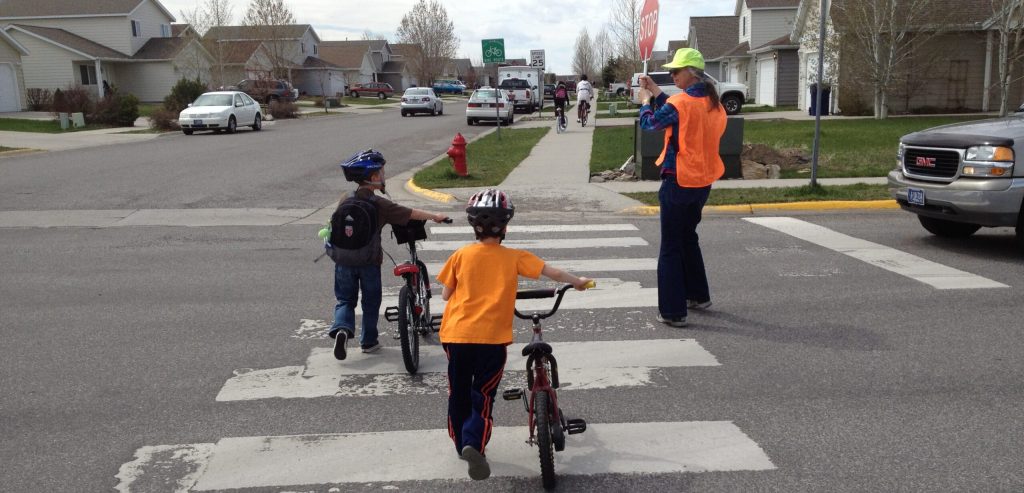
An ongoing collaboration between WTI, the City of Bozeman, and three Bozeman elementary schools is ensuring children develop valuable bike and walking skillsets, while also enjoying the outdoors with friends. As of last April, students from Hyalite and Meadowlark Elementary Schools have been meeting their classmates at a local park to collectively walk or bike […]
IN THE NEWS: GoGallatin Program Manager on Potential for Ride-Share Partnership, WTI Road Ecology Manager on Benefits of Wildlife Crossings
GoGallatin Program Manager Highlighted in Mass Transit Magazine Earlier this month, WTI Research Associate Matthew Madsen discussed the role of trip planning in a Mass Transit Magazine article about Whitefish, Montana’s plan to reduce transportation emissions. Madsen, who is also the GoGallatin Program Manager, presented to the City on a potential partnership with the trip […]
NPS Plans Safety Improvements Based on WTI Study
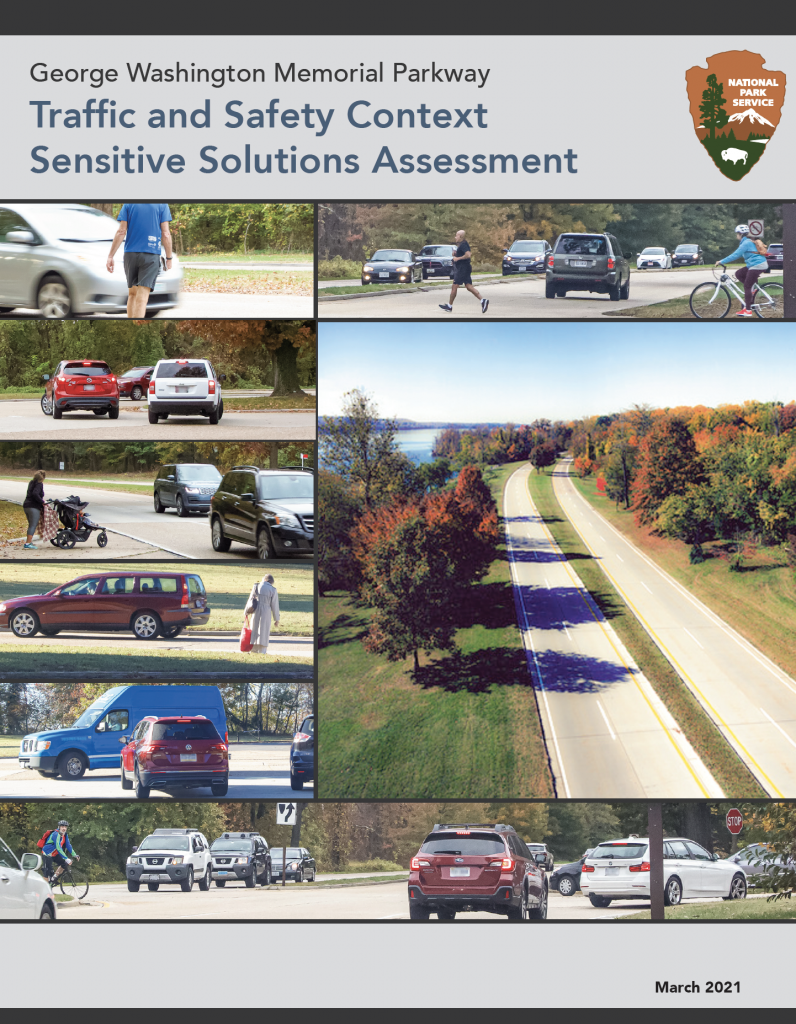
Along a historic parkway in Virginia, the National Park Service (NPS) will soon begin improvements to enhance safety for drivers, pedestrians, and cyclists. In a recent news release, the NPS announced planned safety measures for the George Washington Memorial Parkway, which runs along the Potomac River near George Washington’s Mount Vernon Estate. The Parkway serves […]
NEW NAME, NEW CHALLENGE: The Bozeman Commuter Project Has Rebranded

Join the GoGallatin MSU Commuter Challenge this week In October, WTI was awarded an Office of Outreach & Engagement Seed grant to begin a rebrand of the existing Bozeman Commuter Project. Four Montana State University students are working with WTI project lead Matt Madsen as a collaborative team to move the project forward (stay tuned […]
NEW PUBLICATION: Cycling for Sustainable Cities
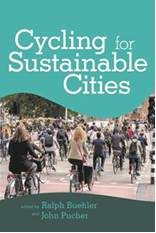
MIT Press has released Cycling for Sustainable Cities, a new book focused on how to implement infrastructure, programs, and policies to make cycling safer, more practical, and convenient for urban residents. Of note, the chapter on “Social Justice and Cycling” was co-authored by WTI Research Associate Andrea Hamre, in collaboration with transport justice and equity […]
New Publication: Safe Interactions Between Vehicles and Bicyclists
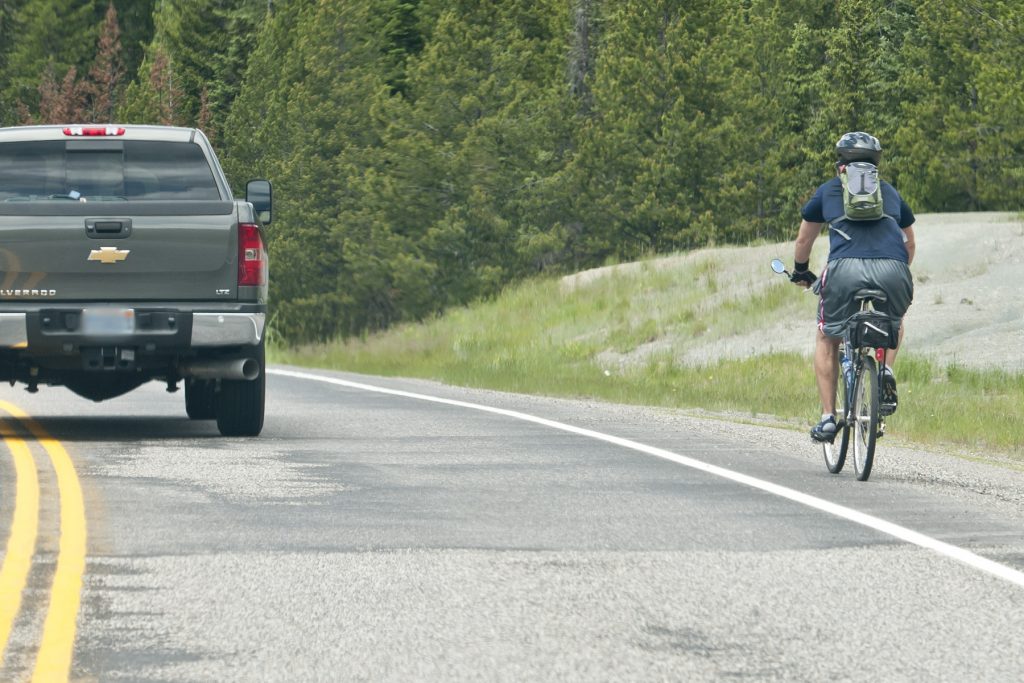
The Journal of Safety Research has published an article that examines the influence of traffic safety culture on a driver’s behavior when interacting with bicyclists on the roadway. “Traffic safety culture and prosocial driver behavior for safer vehicle-bicyclist interactions” is based on a research collaboration between the Center for Health and Safety Culture (CHSC) and […]
New Year, New Staff!

WTI is pleased to welcome Andrea Hamre, Ph.D. as a Research Associate in the Mobility and Public Transportation Program. With expertise in transportation demand management, sustainable transportation, and travel survey data analysis, she will conduct research for the Small Urban, Rural and Tribal Center on Mobility (SURTCOM) and for projects such as the Twin Falls […]
NEW STAFF: Matt Madsen joins WTI’s Mobility Research Program

Meet our newest Matt. The Western Transportation Institute welcomes Technical Research Associate, Matt Madsen, bringing our Matt total to four (he joins Matt Blank, Mat Bell, and Matt Ulberg). Madsen joins the Mobility and Public Transportation program area and will take on projects previously coordinated by Dani Hess, including the pop-up neighborhood traffic calming program […]
New Vistas and Opportunities Ahead
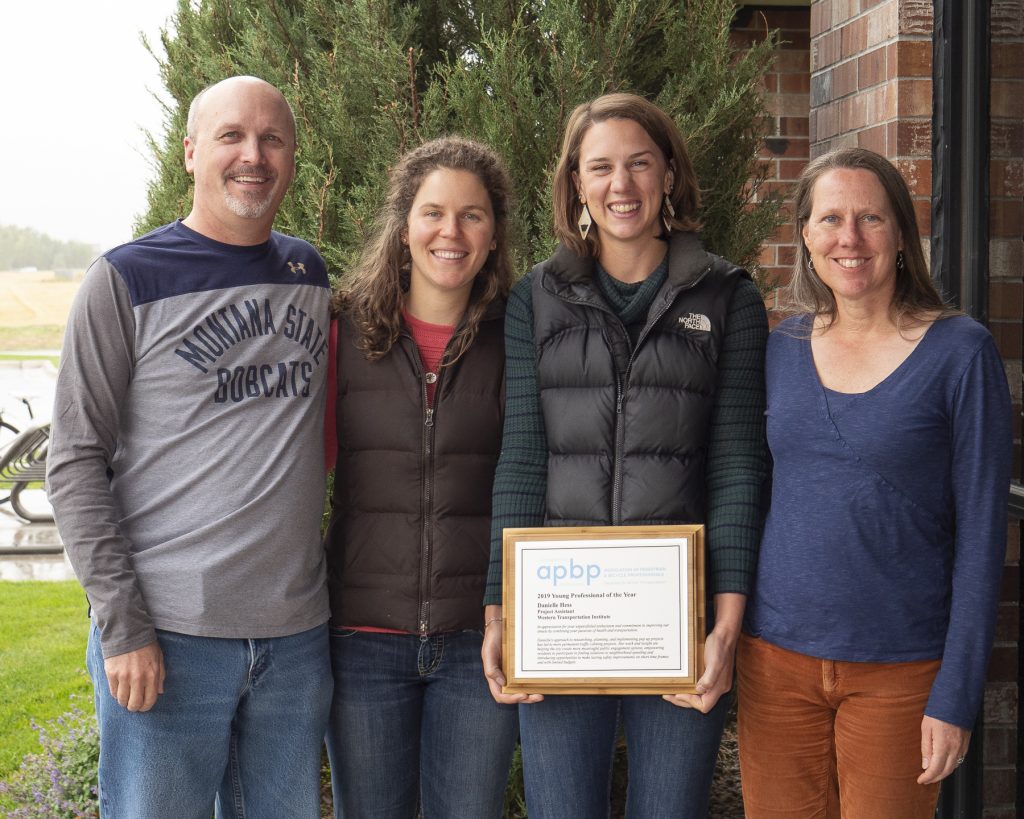
Mobility Project Assistant Dani Hess has announced that she will be leaving WTI at the beginning of October. Dani first joined WTI in 2016 as a student assistant and was promoted to the professional staff in 2018, working primarily on commuter and bike/ped projects for the Small Urban, Rural and Tribal Center on Mobility. She […]
Developing Scenic Bikeways in Rural Areas: New Resource Available
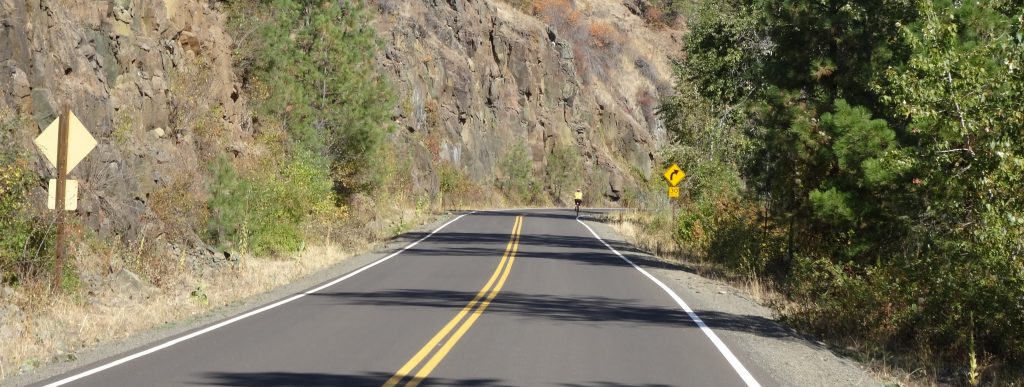
Could a scenic bikeway attract more bicycle tourists to the parks, historic sites and other attractions in your area? Is your agency responsible for operating and maintaining a rural road where a bikeway is proposed? A new resource is now available that can help agencies that oversee rural roads develop safe routes that enhance bicycle […]
